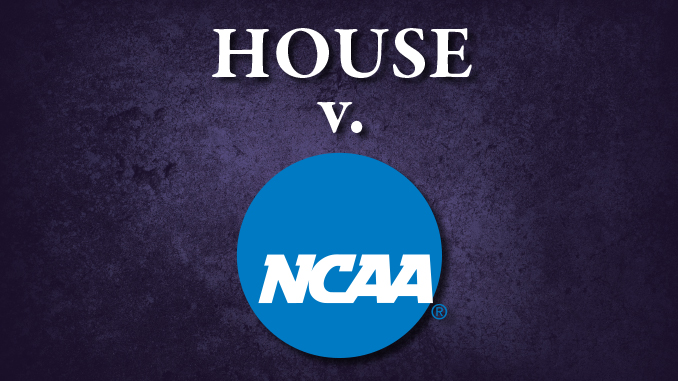
House v. NCAA Settlement Faces Challenges
The highly anticipated settlement worth billions in the House v. NCAA case is facing significant hurdles. Various parties are objecting to its preliminary approval. At the center of the controversy are crew athletes, including former Yale University player Grace E. Menke and five others. They filed an objection to the settlement and a motion opposing its preliminary approval last Friday. Two other groups with competing interests have joined them.
Challenges from Ivy League Athletes
Tamenang Choh and Grace Kirk are suing the Ivy League and its eight schools. They filed a proposed class action over policies that block athletic scholarships or compensation. They urge U.S. District Judge Claudia Wilken to reject preliminary approval. Their lawyers argue that the settlement would force them to drop their legal claims against the Ivy League and its member schools. This would effectively end their case.
Opposition from Other Athlete Representatives
Lawyers representing college athletes in two other antitrust cases, Fontenot v. NCAA and Cornelio v. NCAA, are also requesting Judge Wilken to reject preliminary approval. They claim that the settlement is insufficient for athletes’ needs. Their main points include:
- The settlement favors economic assumptions that benefit the NCAA.
- It does not provide fair compensation for athletes.
- Claims raised in Fontenot are worth over $24 billion but would only result in $600 million under the settlement.
Gender Inequalities in the Settlement
The objectors believe that the settlement would perpetuate gender inequalities and deprive college athletes, especially women athletes, of their rightful compensation. They argue that:
- The settlement primarily benefits football and men’s basketball players.
- Thousands of those players would receive over $100,000, while most women athletes would only receive $125.
This distribution reinforces gender inequalities instead of addressing them.
Historical Neglect of Women Athletes
The objectors highlight how the NCAA has historically undervalued the NIL opportunities for women athletes. They argue that the NCAA has neglected to invest in promoting women’s sports. A settlement that rewards football and men’s basketball players only perpetuates sexism. They also state that NCAA scholarship caps disproportionately harm women.
Concerns Over Compensation Caps
Critics argue that the proposed settlement would replace one form of price-fixing with another. The settlement would implement an athlete compensation cap similar to a salary cap. This cap would only allow schools to pay athletes up to 22% of their shared revenue, estimated to be around $23.1 to $32.9 million per year. They point out that the settlement fails to provide fair wages for athletes’ labor. The average college athlete would only receive about $125 for their athletic services, which is less than seven hours of work at the federal minimum wage.
Lack of Athlete Representation
The objectors take issue with the fact that college athletes did not have a voice in the negotiation process. The cases were brought by a group of athletes represented by attorneys who stand to gain financially from the settlement.
The Road Ahead
Judge Wilken’s preliminary approval of the settlement does not guarantee her final approval. A fairness hearing will take place to hear objections and opinions from interested parties. If many class members opt out, and if Wilken believes the settlement would drastically alter the college sports industry or not properly compensate certain athletes, she may reject it before granting final approval.
With multiple factors at play, even more complications will likely arise. Potential lawsuits in state courts could further delay and complicate matters. The fate of billions of dollars hangs in the balance as the House v. NCAA settlement faces numerous challenges before it can become a reality.
Jared Wilson Assumes Leadership of LSU’s NIL Collective
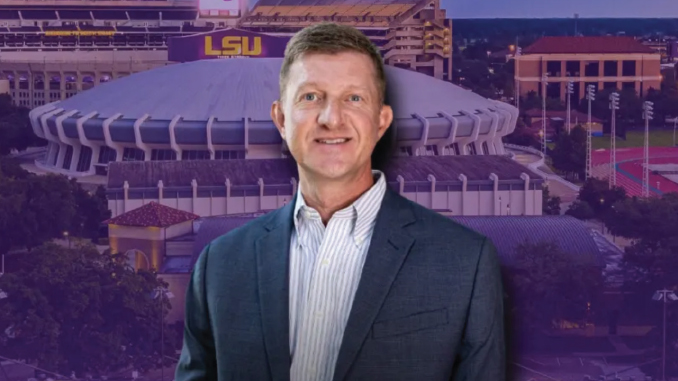
According to Jared Wilson, the new president of LSU’s name, image, and likeness collective Bayou Traditions, the organization must strengthen itself in order to maintain competitive edge for the university. This includes raising $14 million in funding and streamlining operations through partnerships with Tiger Athletic Foundation. Despite the anticipated upcoming revenue sharing, Wilson believes it is crucial for the collective to continue growing financially in order to support LSU’s athletic programs.
In a recent article by Wilson Alexander of The Advocate, it was reported that Wilson has taken over as the new president of Bayou Traditions, replacing Carlos Spaht.
One of Wilson’s primary focuses is on fundraising and roster management to support LSU’s athletic programs. He aims to raise $14 million for the collective by next summer and is exploring partnerships with companies and monthly donations to increase financial stability.
Wilson also mentions challenges in launching successful grassroots campaigns and is working on a partnership with Tiger Athletic Foundation (TAF) to enhance fundraising strategies and donor engagement. As part of his role, Wilson oversees budget allocation for each sport and negotiates deals with players, agents, and parents within the collective’s financial constraints.
He stresses the need for strengthening the collective to maintain LSU’s competitiveness, especially considering the upcoming changes in NIL regulations and revenue sharing models. These insights offer valuable perspectives on the evolving landscape of collegiate athletics and potential strategies for improved fundraising efforts.

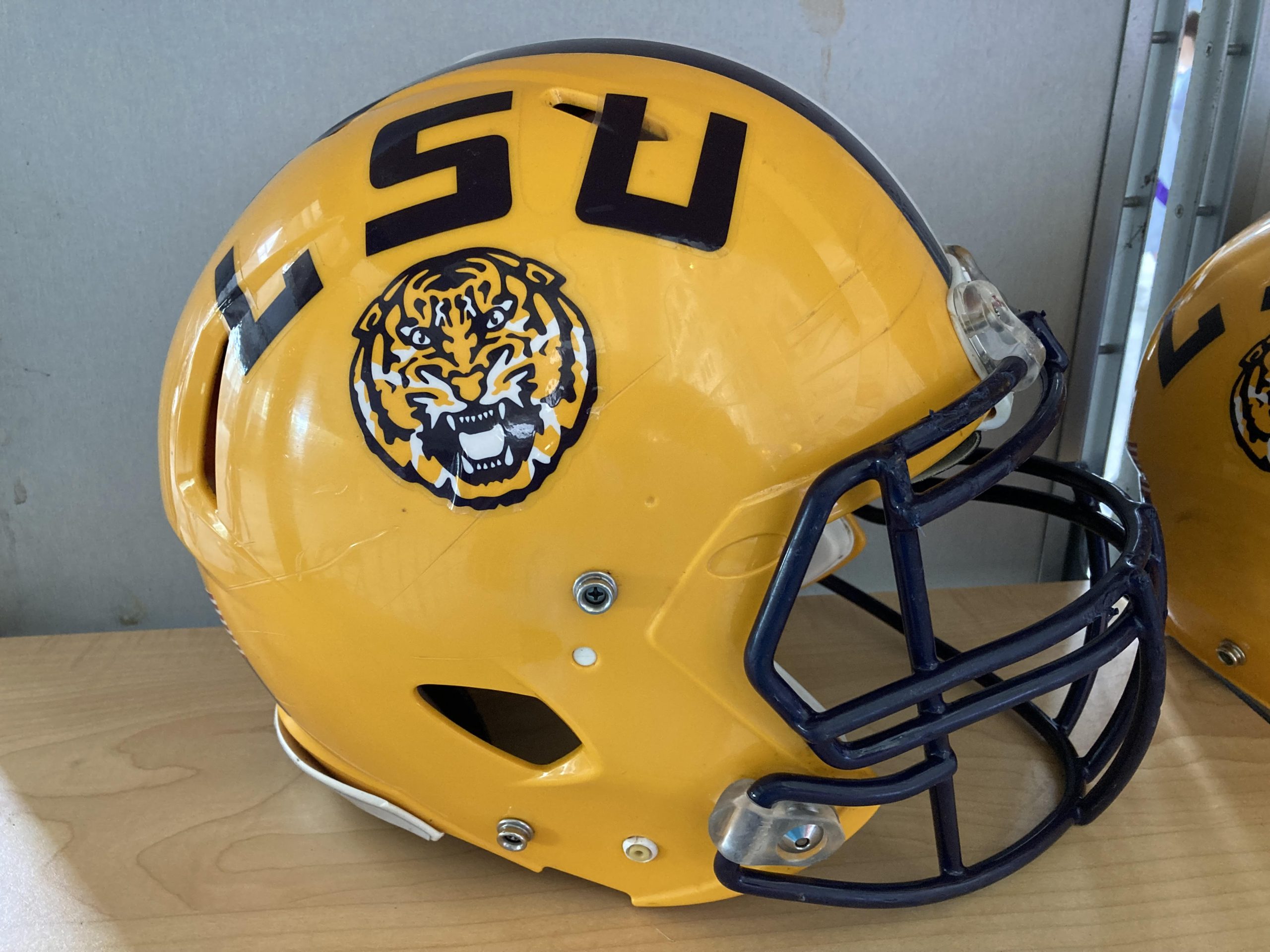
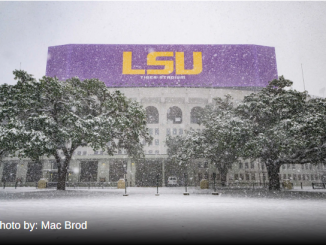
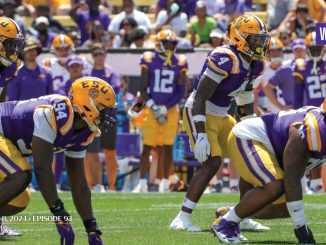
Be the first to comment